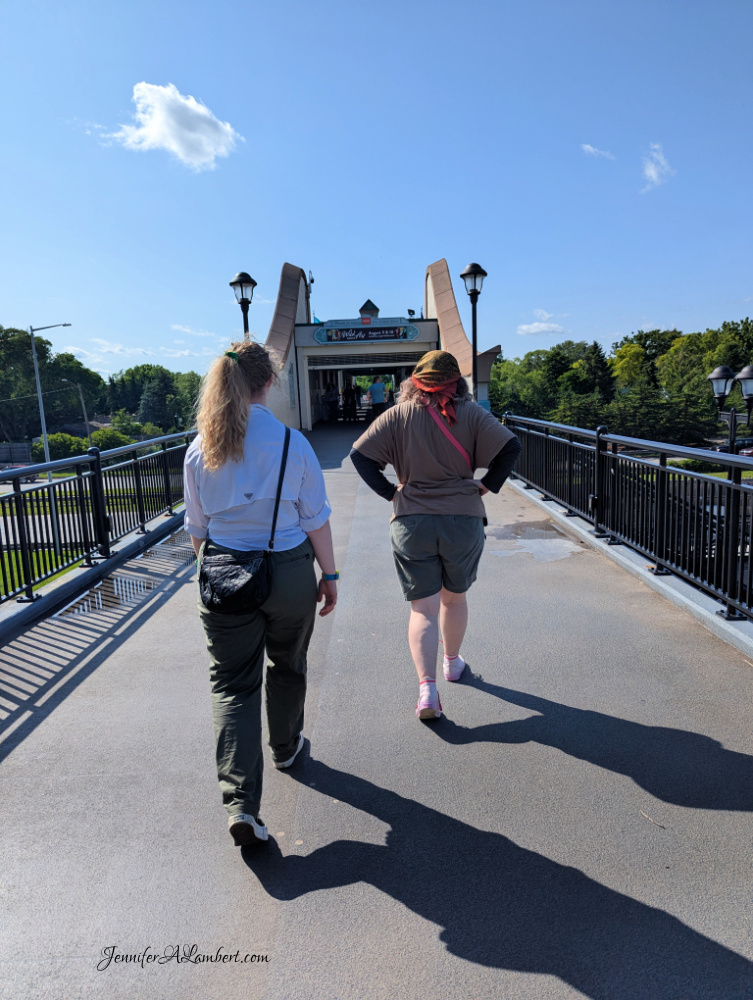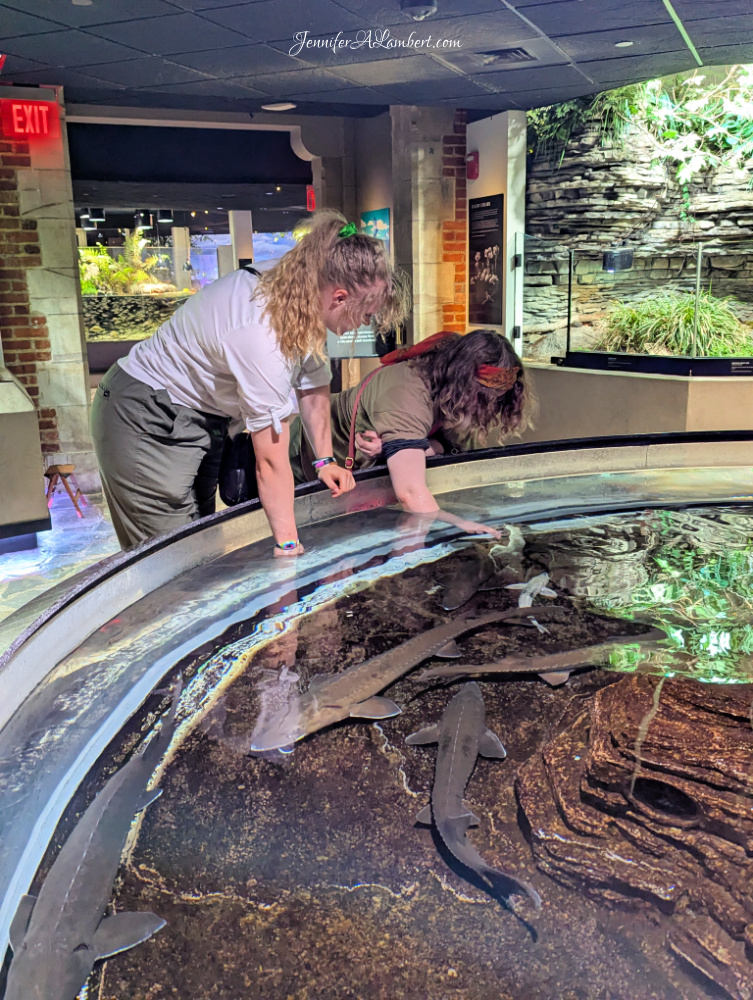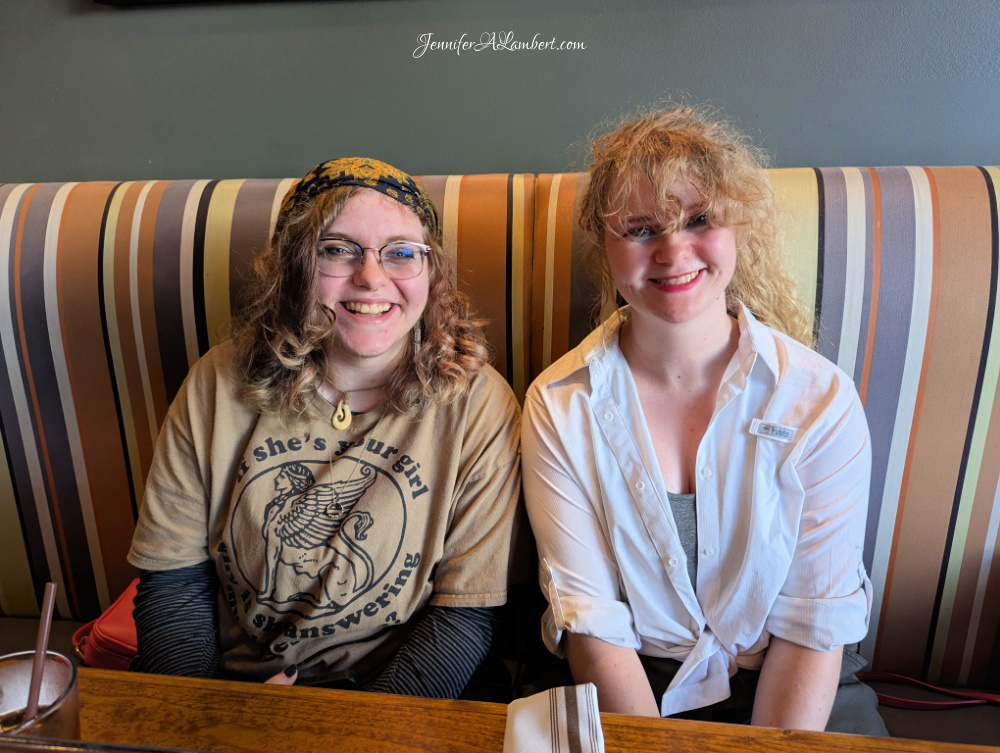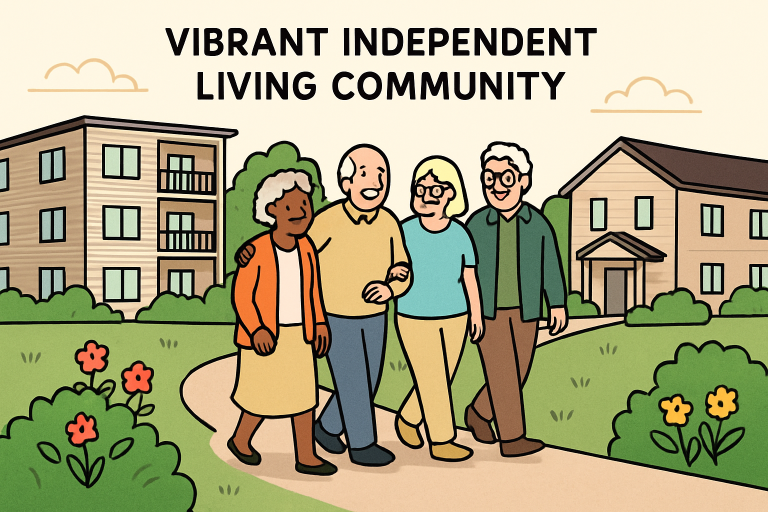For my third child’s homeschool high school graduation celebration, we went to Toledo for a weekend in June 2025.
We stopped in Lima for lunch at Kewpee Burgers.

We visited the zoo on a perfect cooler day. It started out rainy but cleared up nicely.




It was a highlight to pet the sturgeons!

We were so tired that we found a little place near our Perrysburg hotel for dinner: Basil Pizza & Wine Bar.

The art museum is wonderful.

There’s a lovely classics exhibit with a fun theatre, and African art, and so many pieces we have studies over the years – and outside sculptures and a glass building. It’s a lot!

We had dinner at Souk Mediterranean Kitchen and Bar and it was delicious!
We stopped at several record stores, thrift shops, and the Maumee Antique Mall on the way home.
It was a unique way to celebrate a high school graduation, even though Akantha has attended a local university for three years already!
You might also like:











